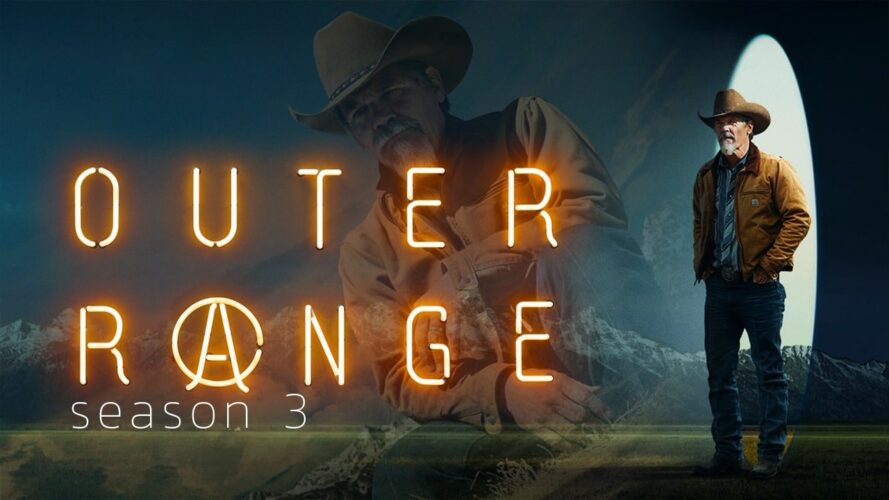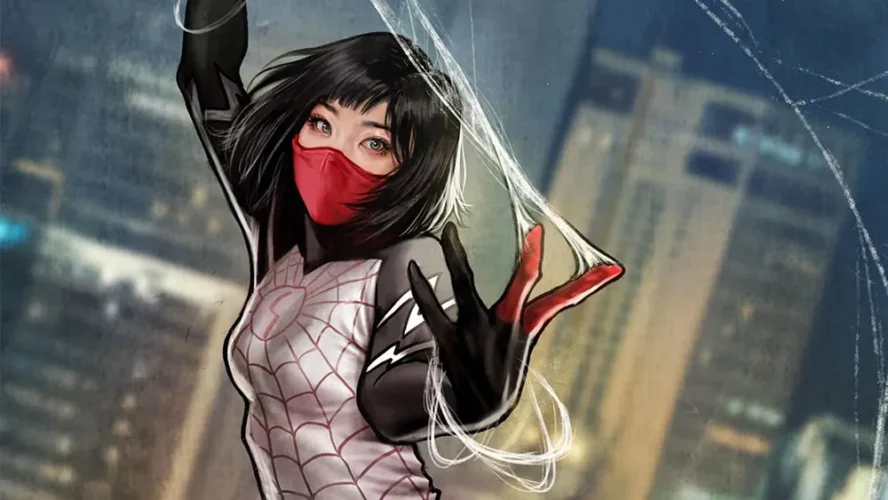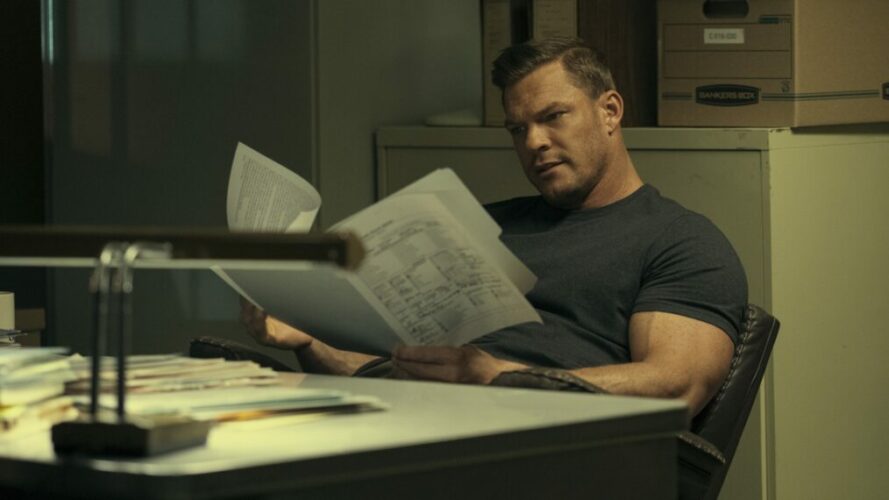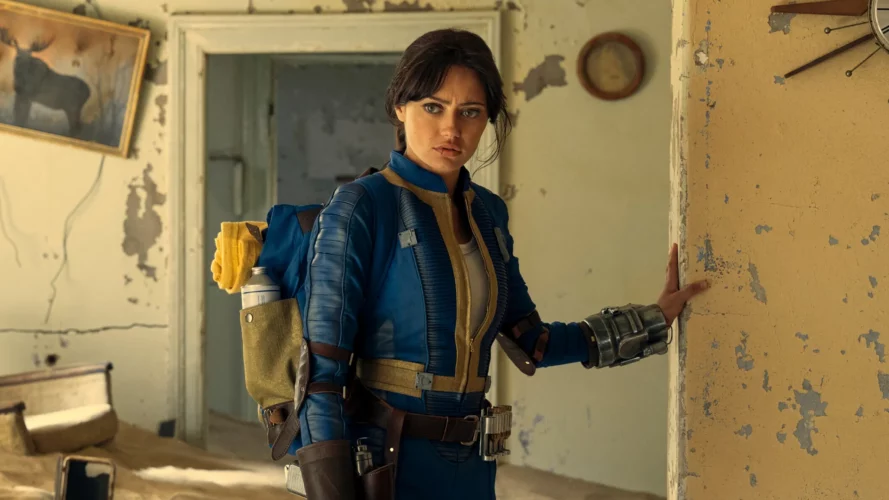In a groundbreaking series adaptation of Zakiya Dalila Harris‘ best-selling novel, The Other Black Girl is captivating audiences and igniting discussions about race, identity, and the workplace. The show will officially release on September 13 on Hulu.
It follows two Black women, Nella Rogers and Hazel-May McCall, as they navigate the treacherous waters of a predominantly white publishing company. Nella, the sole Black employee at Wagner Books, grapples with microaggressions, condescending superiors, and the impending release of a racially charged novel by a white author.
When Hazel-May joins the team, Nella’s hope for solidarity is shattered when Hazel purposely sabotages her, leading to a rollercoaster of trust and suspicion. As their bond deepens, viewers are taken on a journey through themes of othering, powerlessness, and kinship in the workplace.
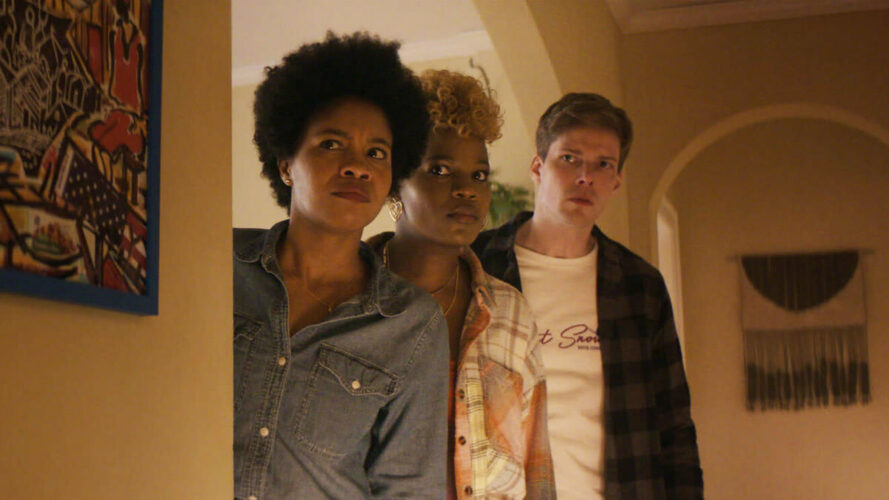
The Other Black Girl also prompts viewers to reflect on how Black individuals perceive themselves and each other, challenging notions of respectability politics and societal expectations.
While the show explores profound themes, it balances drama with moments of levity, drawing comparisons to Jordan Peele’s Get Out. Episode 7, Caught in the Rapture, showcases the unique perspective of Black women and a soulful soundtrack featuring artists like Anita Baker and SZA.
According to Variety, The Other Black Girl has garnered praise for its thought-provoking narrative, some mystical elements involving a secret society of Black women have raised eyebrows. Nonetheless, the series’ 30-minute episodes make it highly binge-able, providing ample food for thought.
Ultimately, Hulu’s The Other Black Girl invites viewers to contemplate the sacrifices Black individuals, particularly Black women, make to succeed in predominantly white spaces. It serves as a timely reminder that authenticity should never be compromised, even in the face of racism.
As the show continues to captivate audiences, it becomes a catalyst for critical conversations about race, identity, and the ongoing battle against systemic racism in the workplace.

